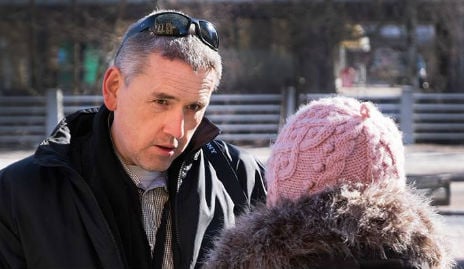The site’s editor, Thomas Nilsen, was dismissed last week following a dispute over his call to be granted full editorial independence, which was turned down.
NRK’s source, who works in the Norwegian government, said that he had personally been approached by the FSB to find a way of making the site less critical of the Russian authorities.
“I was asked to do something about the problem,” he said. “I was surprised by what the FSB said, and thought that similar messages were probably going from the FSB to other Norwegian actors.”
The site, which is translated into Russian, has long been critical of the Russian government, particularly of its longstanding failure to deal with the threat posed by the rusting old nuclear submarines left over from the Soviet period.
The website is run by the Barents’ Secretariat, which is in turn controlled by the three northernmost Norwegian counties.
The Russian embassy dismissed the claims.
“We consider it pointless to comment on such obviously false statements,” they sent NRK in an email.
Runar Sjåstad, a county mayor in Finnmark, one of the owners of the Barents Observer said that if the story was true, the source should come forward.
“This is totally unknown to me, and totally surprising,” he said. “I would urge NRK’s source to come forward with his story.”
Thomas Nilsen himself expressed some doubts that he had been sacked as a result of Russian pressure.
“I have difficulty thinking that thought fully, but if there is a connection here, that someone on the Norwegian side has given in to pressure, then the whole issue is much more seriously than it has so far seemed.”


 Please whitelist us to continue reading.
Please whitelist us to continue reading.